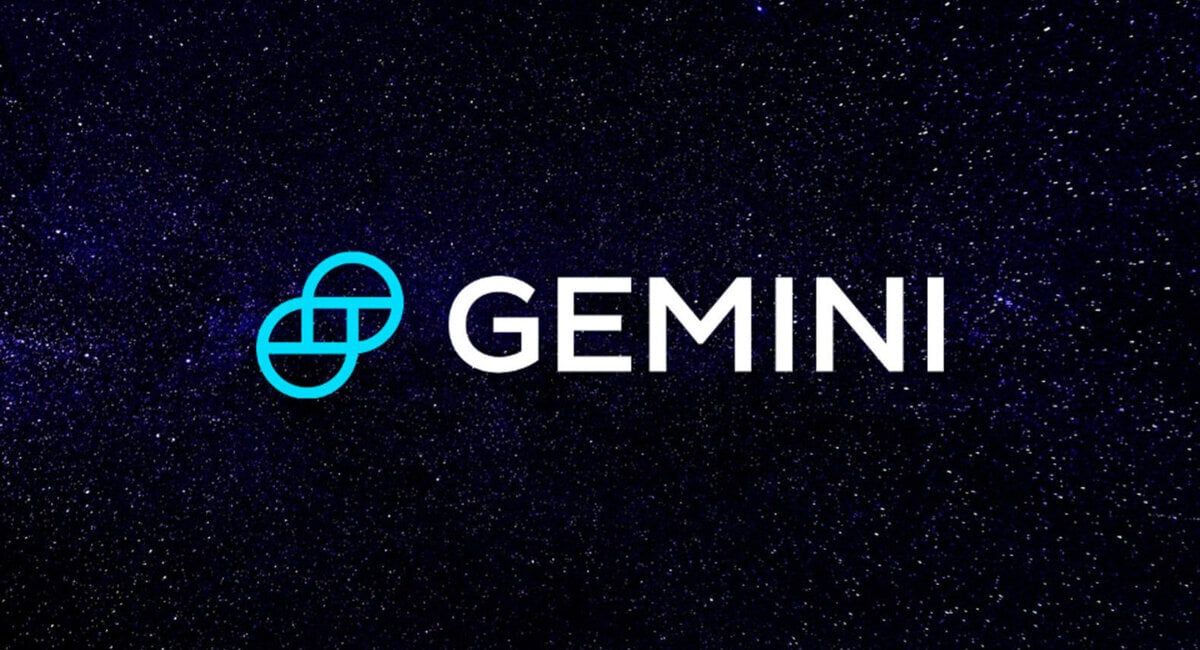Gemini Receives Regulatory Green Light to Launch Crypto Services in France Amid U.S. Regulatory Tensions
Gemini and others are attracted to the regulatory support and clarity offered by the EU, creating opportunities for seamless expansion within the European market.

Cryptocurrency exchange Gemini, founded by the Winklevoss twins, has secured regulatory approval from the French Autorite des marches financiers (AMF) to operate as a virtual asset services provider (VASP) in France. The approval positions Gemini to expand its services to retail and institutional clients in the country in the coming weeks, according to CNBC report.
The move comes at a time when major U.S. crypto companies are increasingly turning to the European Union to diversify their operations due to regulatory challenges faced in the United States. Gemini, along with other U.S. crypto firms, is navigating a regulatory crackdown, with legal challenges from the U.S. Securities and Exchange Commission (SEC) related to alleged unregistered securities.
Gemini's approval as a VASP in France marks a significant milestone in the company's European expansion plans. Gillian Lynch, Head of EU at Gemini, expressed the importance of regulatory support in Europe, highlighting the need for clarity, especially with the impending EU Markets in Crypto-Assets Regulation (MiCA).
Once operational in France, Gemini customers will gain access to trade over 70 cryptocurrencies through the platform's website and mobile app. Retail clients will have the opportunity to use Gemini's ActiveTrader platform, while institutional clients will be able to leverage Gemini eOTC, the platform's electronic over-the-counter trading solution.
Gemini's decision to expand in Europe gained momentum after recognizing the favorable regulatory environment in the region during an EU visit last year. The company chose Ireland as its European headquarters in May 2023, aligning with the trend of other U.S. crypto giants like Coinbase, which also selected Ireland as its primary regulatory hub in the EU.
The EU's MiCA regulation, allowing crypto firms to hold licenses in one country and use them as a "passport" across the EU, has contributed to the strategic moves of U.S. crypto companies in the region.
While the U.S. has recently taken steps toward approving certain elements of cryptocurrency trade, including the SEC's approval of the first-ever spot bitcoin ETFs, regulatory challenges persist at the federal level. The broader crypto industry continues to navigate evolving regulations on both sides of the Atlantic, with companies strategically positioning themselves to thrive in a rapidly changing landscape.




